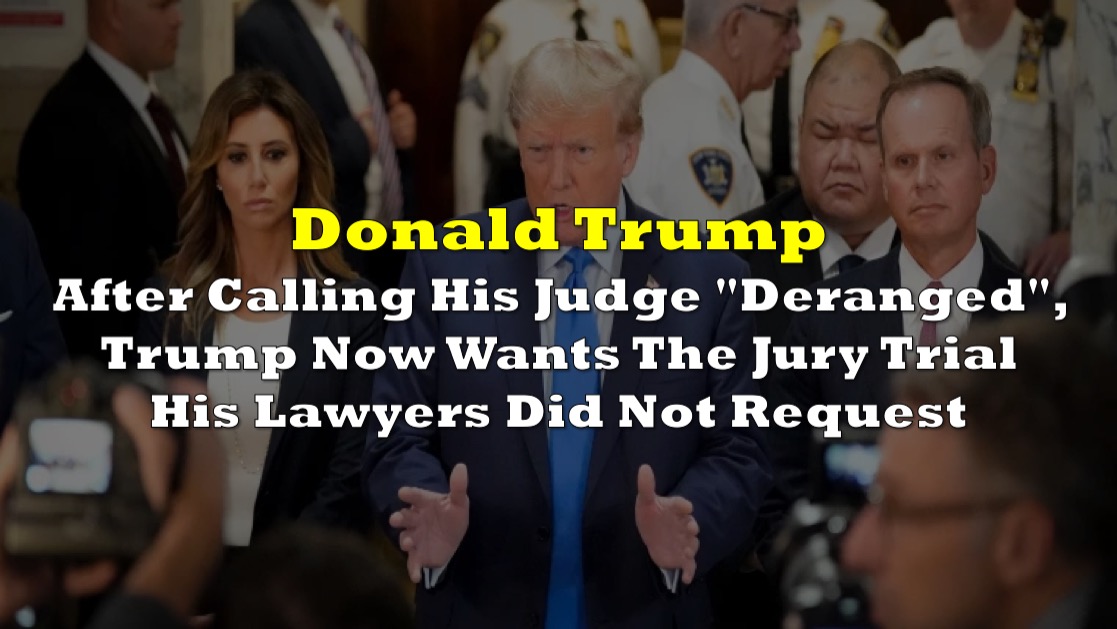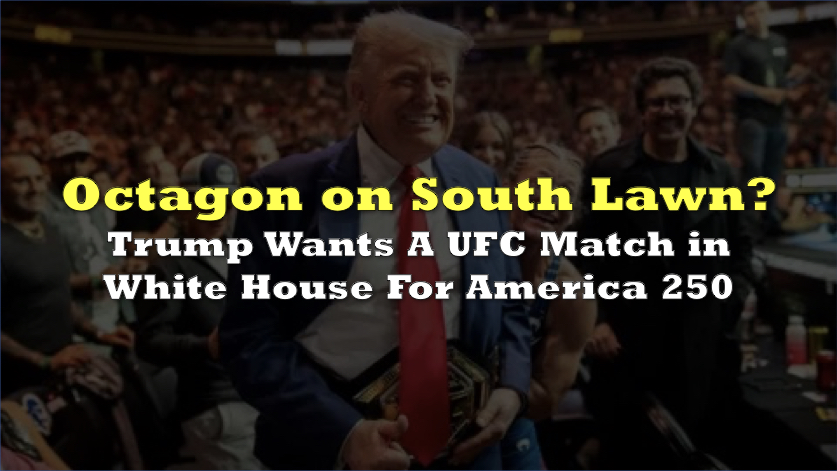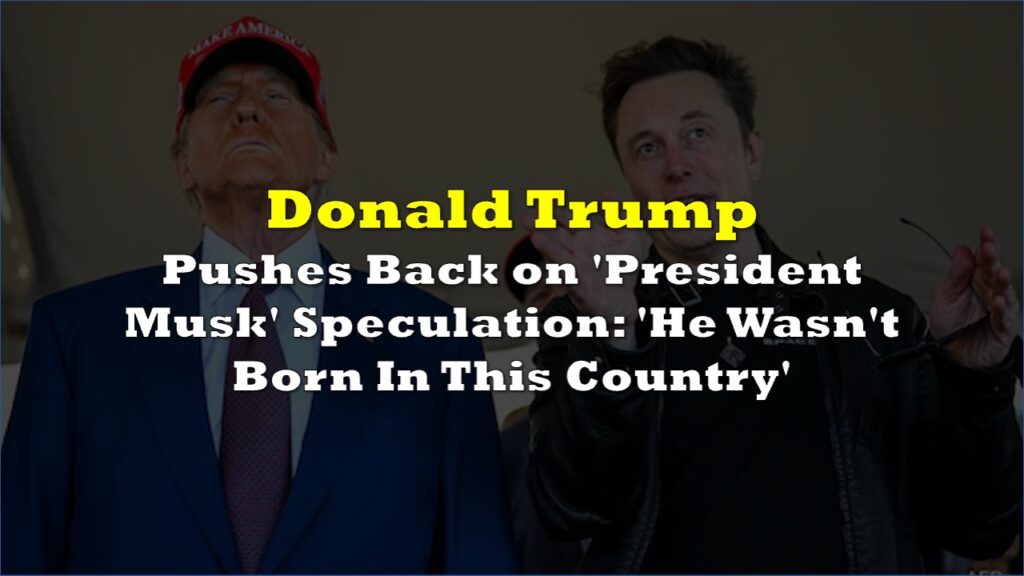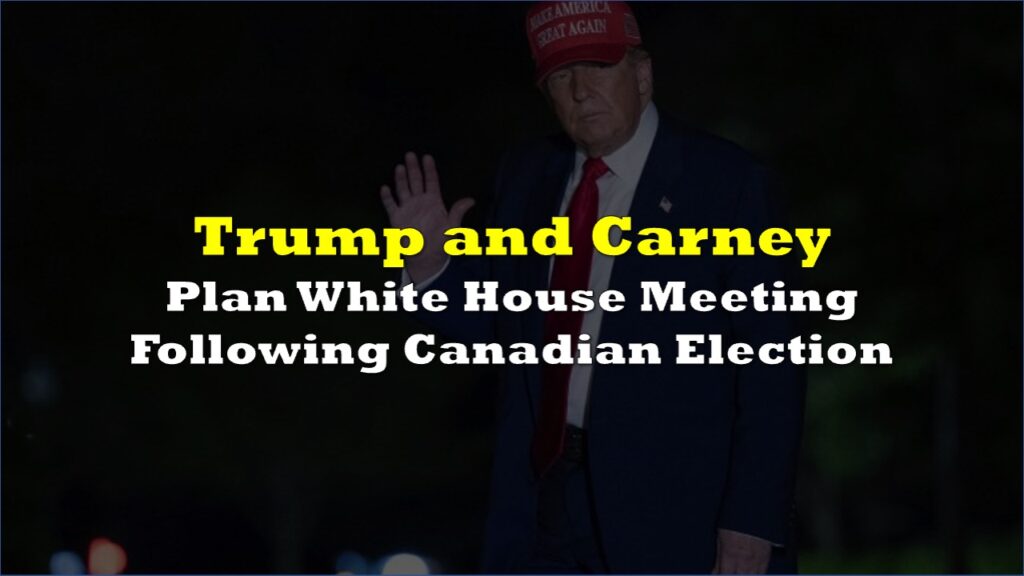Former President Donald Trump ignited a fiery exchange outside the New York State Supreme Court as his $250 million civil fraud trial got underway. In a scathing attack, he aimed his frustration squarely at the presiding judge, accusing the judge of being a Democratic “politician” intent on his financial ruin. Trump’s frustration was palpable, compounded by the absence of a jury in the proceedings.
Trump’s complaint about the lack of a jury prompted a pointed response from Manhattan Supreme Court Justice Arthur Engoron.
“I think it’s very unfair I don’t have a jury,” he complained.
"I think it's very unfair I don't have a jury" — Trump, who doesn't have a jury because his lawyers elected not to have one pic.twitter.com/N2K5FHMOQk
— Aaron Rupar (@atrupar) October 2, 2023
However, Engoron hinted that it might have been Trump’s own actions that led to the absence of a jury, remarking, “nobody asked for” a jury trial, casting doubt on its availability under New York Executive Law 63(12), the statute underpinning the case.
Trump’s spokesperson emphasized this legal point, stating, “The Attorney General filed this case under a consumer protection statute that denies the right to a jury. It is unfortunate that a jury won’t be able to hear how absurd the merits of this case are and conclude no wrongdoing ever happened.”
The judge’s comment, however, underscored that neither side had pursued a jury trial.
Earlier in the year, New York Attorney Letitia James had filed a form indicating a preference for a trial without a jury, while Trump’s legal team failed to submit a corresponding form, a decision they may now be regretting.
It’s incredibly easy to ask for a jury trial. You just check a box on a form. Hard to believe that Trump understood that his lawyers hadn’t done it when he’s been savaging the judge who is now the factfinder in his huge fraud trial. https://t.co/E2NlkIUBzX
— Harry Litman (@harrylitman) October 2, 2023
Engoron’s history with Trump extends beyond this trial. He had previously found Trump in contempt of court for discovery violations during the investigation preceding the Attorney General’s lawsuit. Just last week, the judge held Trump, his family members, and associates liable for substantial fraud and ordered the dissolution of Trump’s New York business holdings, invoking the “corporate death penalty.”
Trump, venting his frustration, continued to assail Judge Engoron during an impromptu press conference outside the courtroom, demanding an investigation into what he perceived as an undervaluation of his properties.
In characteristic fashion, after the decision on his businesses, Trump denounced Justice Engoron as a Democrat and labeled him “deranged.”
Minutes before entering the courtroom, the former president took to his social media platform, Truth Social, launching a furious all-caps tirade against the “ROGUE, OUT OF CONTROL, TRUMP-HATING JUDGE.”
Trump’s confrontations with judges who rule against him have become a recurring theme, including failed attempts to have judges recused in his federal election-interference case and hush-money prosecution in New York.
Ultimately, it will be Judge Engoron who decides whether to issue an order requiring Trump to forfeit hundreds of millions of dollars in allegedly ill-gotten gains and barring him from ever serving as a director of a New York corporation.
James is aggressively pursuing at least $250 million in fines, a permanent ban on Trump and his sons, Donald Jr. and Eric, from conducting business in New York, and a five-year prohibition on Trump and his flagship Trump Organization engaging in commercial real estate activities.
“The judge should be disbarred”
The courtroom drama in Manhattan commenced with opening statements, followed by the testimony of Donald Bender, a partner at Mazars USA and a long-serving accountant for Trump’s enterprises, as the state’s initial witness.
Trump did not hold back, berating the case as a “scam” and a “sham” while alleging a political vendetta orchestrated by James, whom he branded “a corrupt person, a terrible person, driving people out of New York.”
He continued his verbal assault on Judge Engoron, accusing him of partisan bias and suggesting that the judge was manipulating the case to meddle in the 2024 presidential election, in which Trump is the leading contender for the Republican nomination.
“This is a judge that should be disbarred,” Trump asserted during a lunch break on Monday. “This is a judge that should be out of office.”
The Trump campaign seized the trial’s commencement for fundraising purposes, framing it as a defense of the family’s reputation against what they referred to as “corrupt tyrants” within the New York Democratic establishment.
The core of the case revolves around allegations by the state attorney general that Trump inflated his assets and net worth between 2011 and 2021, aiming to secure favorable bank loans and lower insurance premiums.
James has accused Trump of significantly overstating the value of assets such as his Trump Tower penthouse in Manhattan, Mar-a-Lago estate in Florida, as well as various office buildings and golf clubs, thereby inflating his wealth by an estimated $2.2 billion.
Trump watched with folded arms as Kevin Wallace, a lawyer from James’ office, castigated him for being “materially inaccurate” in his dealings with banks and insurers. Wallace asserted, “This isn’t business as usual, and this isn’t how sophisticated parties deal with each other. These are not victimless crimes.”
In response, Christopher Kise, Trump’s lawyer, argued in his opening statement that the financial practices of Trump and the Trump Organization were entirely within legal bounds. He lauded Trump’s brand as one of the world’s most successful and maintained that there was no intent to defraud, no illegality, and no wrongdoing.
Alina Habba, another lawyer involved, characterized Trump’s assets as valuable, suggesting that they could command premium prices if sold.
James reaffirmed her commitment to proving her case, stating, “No matter how much money you think you may have, no one is above the law. The law is both powerful and fragile. And today in court will prove our case.”
The ongoing trial will also address six additional claims, including falsifying business records, insurance fraud, and conspiracy, as well as determining the extent of penalties for the defendants.
Prior to opening arguments, Engoron identified himself as a legal generalist but asserted his deep understanding of the concept of fraud. Bender, in his testimony, confirmed that he had relied on information provided by Trump and his companies when compiling Trump’s personal financial statements, without conducting audits or review procedures.
Scheduled to run until early December, the trial anticipates testimony from more than 150 potential witnesses, including former Trump lawyer Michael Cohen, who previously testified before Congress about the fluctuating valuations of Trump Organization assets.
This civil trial is distinct from the four criminal indictments Trump faces in various jurisdictions, amounting to a total of 91 criminal counts. These allegations encompass unlawful retention of government documents, falsification of business records to conceal hush money payments, and efforts to obstruct his election defeat in 2020.
Information for this story was found via CBC, The Messenger, and the sources mentioned. The author has no securities or affiliations related to the organizations discussed. Not a recommendation to buy or sell. Always do additional research and consult a professional before purchasing a security. The author holds no licenses









